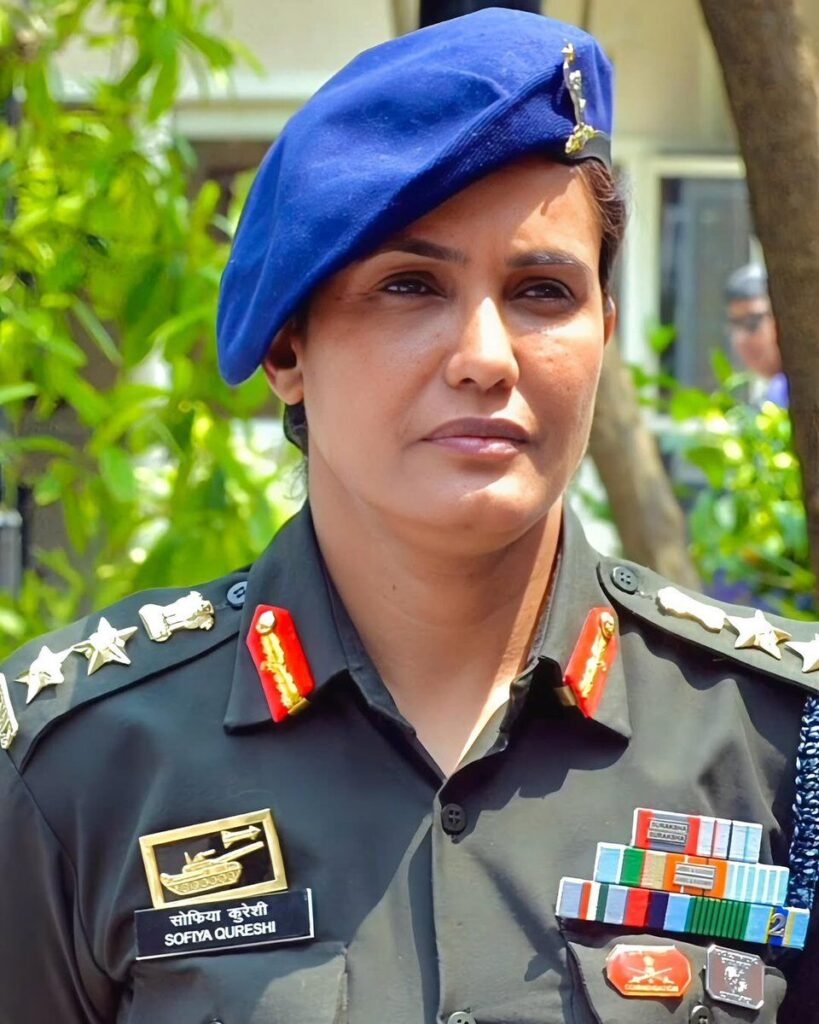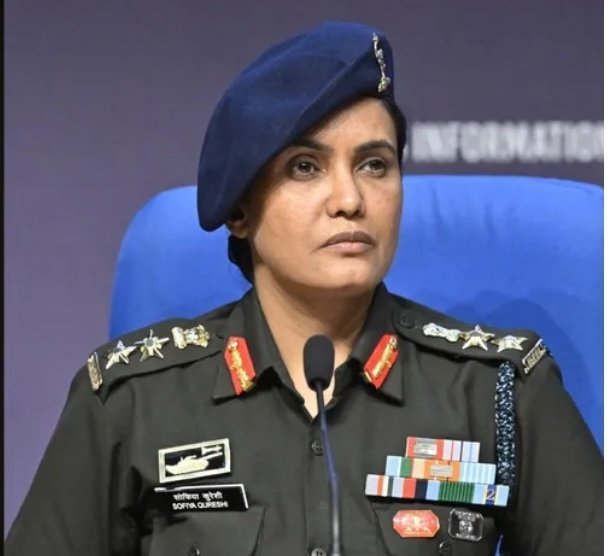Physical Address
304 North Cardinal St.
Dorchester Center, MA 02124

TheOrbitLive | May 14, 2025
MP BJP Minister Kunwar Vijay Shah’s Bad Remark on Colonel Sofia Qureshi Say’s Sister of Pakistani Muslims
A fresh political storm is brewing after a controversial statement by a BJP minister referring to Colonel Sofia Qureshi as a “sister of their community” went viral on social media. The comment, made during a recent event, has not only triggered public backlash but also led the Congress party to demand the minister’s resignation, calling the statement “insensitive and divisive.”


Colonel Sofia Qureshi, a respected officer of the Indian Army, is known for her remarkable service. She joined the Army’s Corps of Signals in 1999 and became the first woman to lead a multinational military exercise in 2016. Recently, she has been at the forefront of public communication during Operation Sindoor, regularly briefing the nation and the press with clarity and confidence as India tackled terrorism with a firm response.
The BJP minister’s comment—meant to be complimentary, according to his spokesperson—sparked anger online, with critics questioning why Colonel Qureshi’s identity was being reduced to her religion rather than her rank or service. “She is the pride of the nation, not a representative of any single community,” a user posted on X (formerly Twitter). Many believe that statements like this risk politicizing the armed forces, which have always stood above identity divisions.
Congress leaders, seizing the moment, labeled the minister’s remark as “an insult to the dignity of our forces” and demanded that Prime Minister Narendra Modi take immediate action. “Colonel Qureshi is an Indian first—this kind of narrative only divides,” said a senior Congress spokesperson.
The Indian Army, known for maintaining a neutral and professional stance, has made no official comment, though sources say the top brass is “uncomfortable” with the controversy being dragged into political discourse.
This isn’t the first time the contributions of female officers in the military have become political talking points, but the sensitivity around such issues remains high—especially when the officer in question has become a symbol of strength and discipline during a crucial national operation.
Colonel Qureshi herself has not responded to the controversy, remaining focused on her duties. Her silence, many say, speaks louder than words.
Conclusion:
At a time when national unity is essential, especially during military operations, remarks that highlight identity over merit can harm the very fabric of our secular democracy. Colonel Sofia Qureshi’s leadership should be celebrated as a victory for Indian women and for the military, not as a point of communal debate.
We ask you, the readers:
Do you think political leaders should be more careful in choosing their words when referring to members of the armed forces? Should political parties keep the military away from identity-based discussions? Share your thoughts—what’s your point of view?